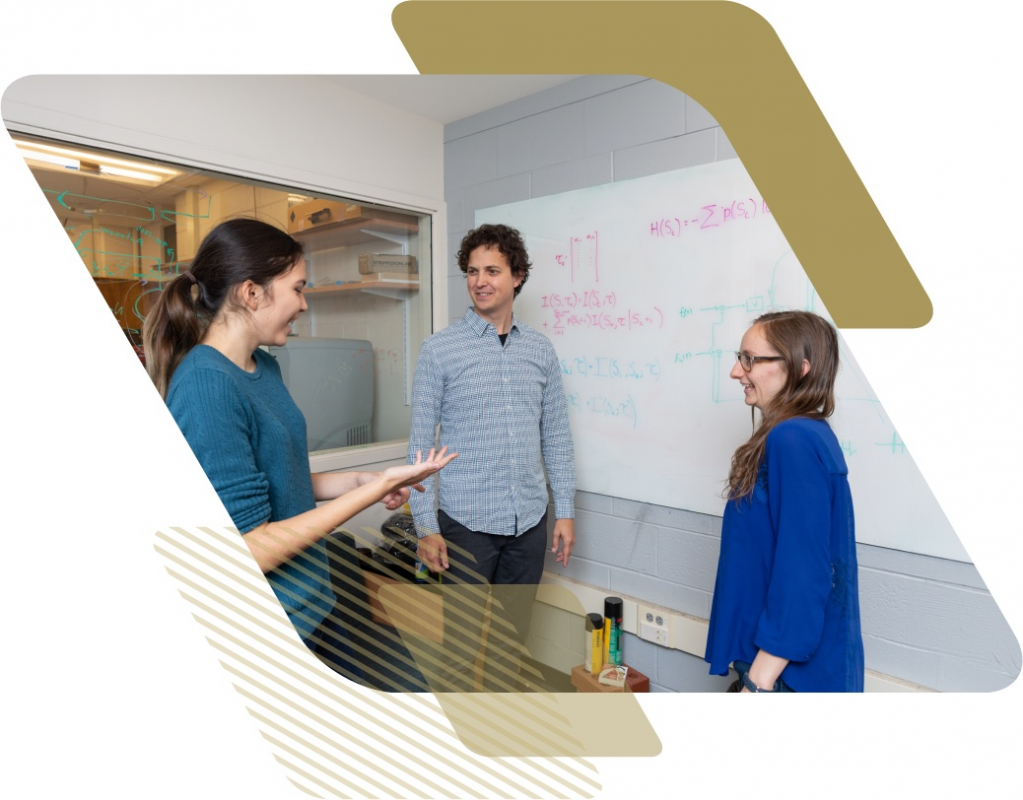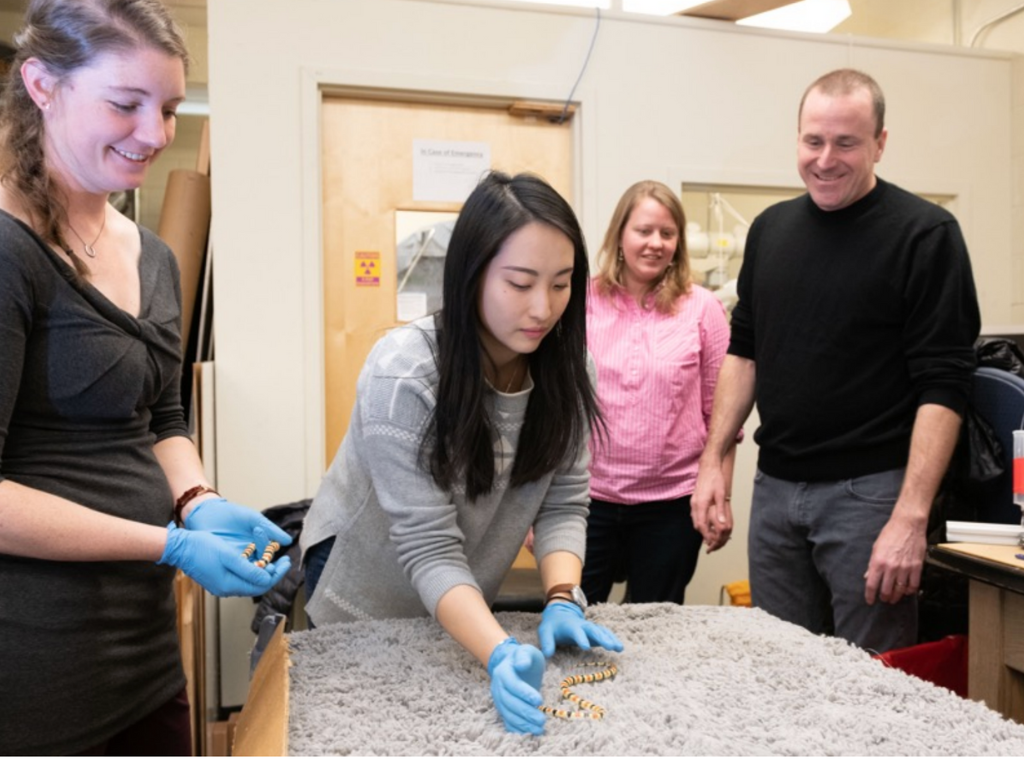 The graduate curriculum in the School of Physics provides the background and training needed to conduct and complete high quality, world-recognized research. Moreover, owing to the experiences we offer for supervised teaching of undergraduate laboratory courses, graduate students from diverse backgrounds develop into creative physicists who can function effectively in educational, Industrial, or government laboratory settings. Successful completion of the Ph.D. program in Physics requires (a) completion of course work, (b) participation in seminars and Special Problems, (c) acceptance into Ph.D. candidacy, and (d) thesis research.
The graduate curriculum in the School of Physics provides the background and training needed to conduct and complete high quality, world-recognized research. Moreover, owing to the experiences we offer for supervised teaching of undergraduate laboratory courses, graduate students from diverse backgrounds develop into creative physicists who can function effectively in educational, Industrial, or government laboratory settings. Successful completion of the Ph.D. program in Physics requires (a) completion of course work, (b) participation in seminars and Special Problems, (c) acceptance into Ph.D. candidacy, and (d) thesis research.
Download fact sheets and program information as a pdf here.
Quantitative Biosciences Ph.D. program
The School of Physics also participates in the Interdisciplinary Ph.D. program in Quantitative Biosciences that enables the discovery of scientific principles underlying the dynamics, structure, and function of living systems. Interested applicants with an undergraduate physics background should apply for the QBioS Ph.D. program but with Physics as the Home School.
Creating community
The Society of Physics Students at Georgia Tech provides a vibrant scholarly and social environment, as well as an introduction to the community of physicists. Activities such as general interest lectures, outreach, field trips and social functions allow students to interact with their peers and faculty members.
Research
The School of Physics has strengths in the following areas:
- Astrophysics, Astroparticles, and Gravitation
- Atomic, Molecular, and Optical Physics
- Condensed Matter and Materials
- Non-linear Physics
- Physics of Living Systems
- Soft Matter
- Computational Physics
Careers
Graduates take positions in all types of employment sectors, such as:
Health Physics • State & Federal Agencies (e.g., NIST, NASA, FDA) • Research and Development Medical Instrumentation • Particle and Atomic Physics • Sales and Marketing • Consulting • Nuclear Physics • Acoustics • Communication • Condensed Matter Physics • Astrophysics and Astronomy • High School and College Teaching Optics • Aerodynamics
 More information
More information
Georgia Tech has the largest voluntary co‐op education program in the nation. Participation in co‐op or internship programs provides financial support for your studies, and invaluable experiences.
Georgia Tech ranks first in the nation in terms of the annual percentage return on investment whereby lifetime salary is compared to tuition costs [1]. The U.S. Department of Labor reports that the average salary of physicists is $112,020 [2]
[1] www.payscale.com
[2] www.bls.gov/oes/current/oes192012.htm


